On July 19, as the US stock market was still reeling from volatile trading sessions, a filing with the US Securities and Exchange Commission (SEC) attracted special attention from the financial world. Jensen Huang, founder and CEO of Nvidia, sold 75,000 shares, earning $12.94 million. A few days earlier, he had also sold 225,000 shares worth $37 million.
The transactions were not spontaneous. They were part of a plan he had set in motion in March to sell up to 6 million shares, a move often seen by top executives as a way to diversify their holdings. But in the context of Nvidia’s recent move to become the first company in history to surpass the $4 trillion market cap mark, surpassing all other tech giants to become the world’s most valuable company, the move was more than just a financial transaction.
It reveals a part of the personality of the man who holds the "key" to the artificial intelligence (AI) revolution: a man who has both created a huge fortune and has very clear personal calculations.
To truly understand Jensen Huang, the 62-year-old man with the signature leather jacket, we have to go back in time, not to the day he founded Nvidia, but to a much more humble place: a kitchen at the restaurant chain Denny's.
"Mise en place" philosophy from the kitchen
“I’m the best dishwasher,” Jensen Huang said in a talk at Stanford Business School in March 2024. “I’m very organized, I have a mise en place process.” “Mise en place” is a French culinary term that means “everything in its place”—a philosophy that emphasizes careful preparation, order, and efficiency. “I clean the dishes to the point where there’s not a single germ left,” he added, jokingly.
Huang was 15 years old then, an immigrant boy working his first job. He never went from the counter to the kitchen empty-handed and never returned without something. Efficiency, discipline, responsibility—these seemingly simple lessons became the foundation for his later management style at Nvidia. “There is no such thing as menial work,” he asserted. “I washed dishes and cleaned bathrooms.”
His humble beginnings were celebrated by his first "school of life." Nearly half a century later, Denny's added "Nvidia Breakfast Bytes"—four sausages rolled into a mini pancake, the billionaire's favorite breakfast—to its menu. It was more than just a marketing ploy; it was an acknowledgement of an unlikely journey: from janitor to the most powerful man in tech.
And it was at another Denny’s in Northern California in 1993 that the “mise en place” philosophy took on a much bigger gamble. Over strong cups of coffee and legendary dishes like the Lumberjack Slam, Huang and two fellow engineers from Sun Microsystems, Chris Malachowsky and Curtis Priem, sketched out the idea for a company that would change the world. They wanted to create a special chip that could reproduce realistic 3D graphics on personal computers. That’s how the name Nvidia was born.
“I once bought a 450-page book called ‘How to Write a Business Plan,’” Huang recalls with a laugh. “I flipped through a few pages and thought, ‘If I read this all the way through, I’m sure the company will go bankrupt.’” They decided to act immediately, based on intuition and a strong belief: computers needed to be accelerated to solve problems that conventional general-purpose processors couldn’t.
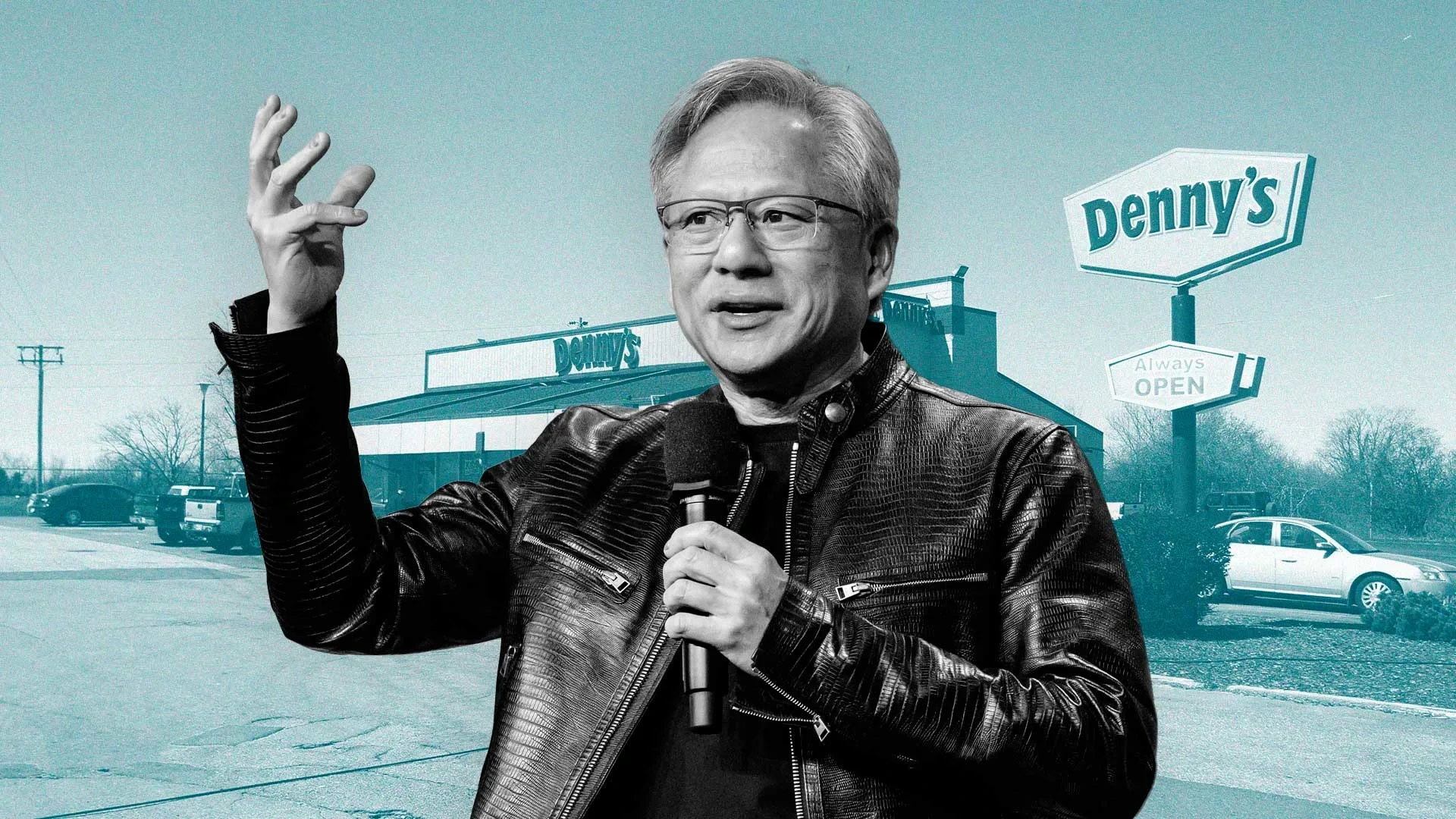
Nvidia CEO Jensen Huang's first job was washing dishes at the Denny's restaurant chain (Photo: Getty).
The Immigrant Boy's Stormy Journey
The road to Denny's in 1993 was not a smooth one. Born in Tainan, Taiwan (China) in 1963, Huang (born Jen-Hsun), then 5, followed his family to Thailand. Then, fearing instability from the war, his parents sent him and his brother to the United States when he was 9.
The brothers were sent to Oneida Baptist Academy in rural Kentucky, which their uncle mistakenly believed was a prestigious boarding school. In reality, it was a religious school for students with behavioral problems. There, Huang had a “tough childhood.” He was bullied, racially abused, and forced to clean toilets every day. These harsh experiences forged an extraordinary will and ability to withstand pressure.
Two years later, the family reunited in Oregon. Huang began to show his talent, becoming a nationally ranked table tennis player and graduating early from high school. He earned a degree in electrical engineering from Oregon State University, where he met his wife, Lori Mills, and then a master’s degree from the prestigious Stanford University. Before founding Nvidia, he had valuable experience at chip companies such as AMD and LSI Logic.
"Huang's Law" and Two-Faced Leadership Style
Nvidia started with $40,000 in equity and quickly raised $20 million from venture capital. In 1999, the company launched its first GPU (Graphics Processing Unit), a milestone that forever changed the gaming industry. When the company's stock hit $100, Huang celebrated by getting the Nvidia logo tattooed on his left shoulder.
But Huang’s vision went beyond video games. He realized that the parallel processing architecture of GPUs was extremely efficient for complex computing tasks, especially machine learning algorithms. This was the turning point that transformed Nvidia from a gaming company to the “heart” of the AI revolution. The power of Nvidia GPUs grew at such a breakneck pace, far exceeding the traditional Moore’s Law, that the media dubbed it “Huang’s Law.”
Under his leadership, Nvidia has become a tight-knit, secretive organization. Jensen Huang has cultivated a public image, always wearing black T-shirts and leather jackets, friendly with fans at night markets in Taiwan (China) and avoiding the political controversies of many other tech tycoons. Professor Jeffrey Sonnenfeld of Yale University commented that he may be "the most respected of all the tech tycoons today."
But a former senior Nvidia executive paints a more complex picture. He describes Huang as “very conflicted.” He is extremely protective of his employees. But in high-level meetings, he will tear anyone apart if they make a serious mistake. He demands absolute excellence, and that intensity is what drives Nvidia’s constant innovation.
That determination and ingenuity are also evident on the political front. In the midst of the US-China tech war, Huang persuaded the Trump administration to ease restrictions on the export of H20 chips to China. He argued that allowing the world to use the US technology platform as its core would bring strategic benefits to the US, a move that was considered "extremely clever".
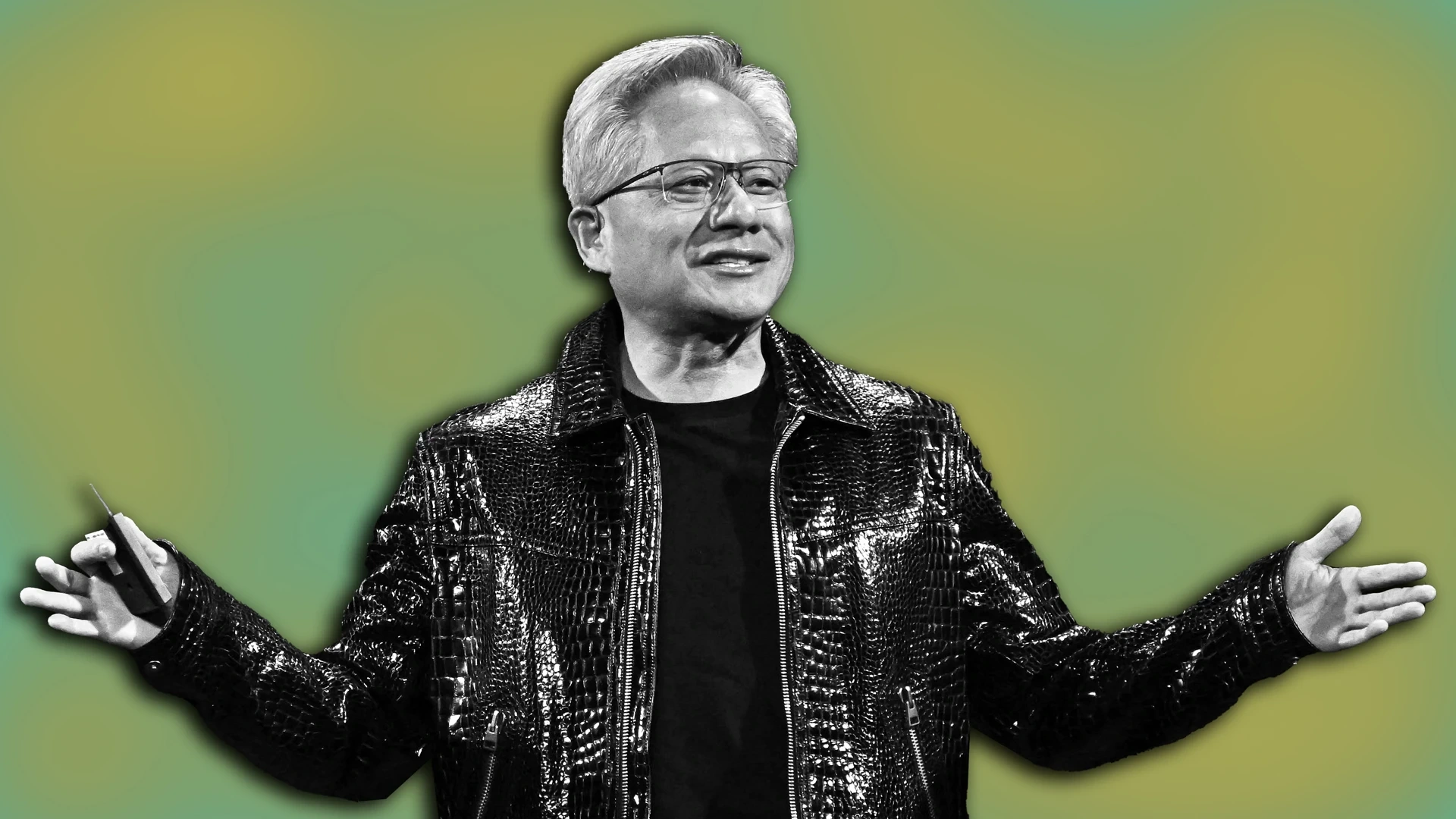
After selling an additional 75,000 shares on July 19, Jensen Huang now owns a net worth of about 150 billion USD, surpassing the legendary Warren Buffett's 142 billion USD (Photo: Getty).
Heritage and the future
Today, as giants like Google, Microsoft, and Meta spend billions of dollars buying Nvidia chips for tens of thousands of dollars each, Huang’s fortune has surpassed $150 billion. Yet he maintains a relatively modest and private lifestyle. Together with his wife, he founded the Jen-Hsun and Lori Huang Foundation, which has donated hundreds of millions of dollars to education and health.
Still, skeptics remain. Apollo Global Management warned that Nvidia’s huge profits are creating an “AI bubble” larger than the dot-com bubble of the 1990s.
But for Jensen Huang, the story never seemed to be about bubbles or stock market numbers. It was about solving problems that computers couldn't solve. "Nvidia's technology has opened up a whole new way of software development where computers write software themselves. That's AI as we know it today," he asserted.
From a boy cleaning toilets in Kentucky, to a young man washing dishes at Denny's, to a CEO with a company logo tattooed on his body, and now the "godfather" of a $4 trillion AI empire, Jensen Huang is a symphony of highs and lows, of humility and fierceness.
His selling off a small portion of his vast fortune is not a sign of retreat, but perhaps simply an act in keeping with the mise en place philosophy that has followed him throughout his life: everything must be arranged in its right place, whether it is a dish in the sink, a chip on a circuit board or an empire that is reshaping the future of humanity.
Source: https://dantri.com.vn/kinh-doanh/jensen-huang-tu-cau-be-rua-bat-den-ong-trum-de-che-ai-4000-ty-usd-20250720155038428.htm


![[Photo] Keep your warehouse safe in all situations](https://vphoto.vietnam.vn/thumb/1200x675/vietnam/resource/IMAGE/2025/10/1/3eb4eceafe68497989865e7faa4e4d0e)
![[Photo] Hanoi morning of October 1: Prolonged flooding, people wade to work](https://vphoto.vietnam.vn/thumb/1200x675/vietnam/resource/IMAGE/2025/10/1/189be28938e3493fa26b2938efa2059e)



![[Photo] President of the Cuban National Assembly visits President Ho Chi Minh's Mausoleum](https://vphoto.vietnam.vn/thumb/1200x675/vietnam/resource/IMAGE/2025/10/1/39f1142310fc4dae9e3de4fcc9ac2ed0)
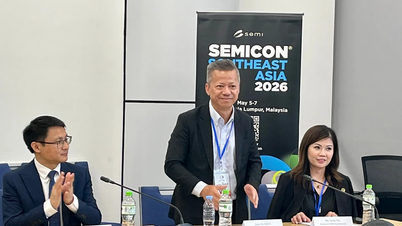


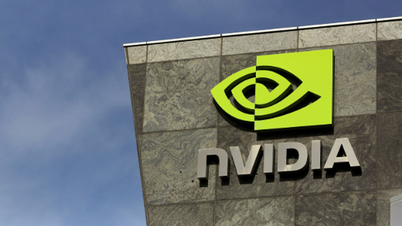





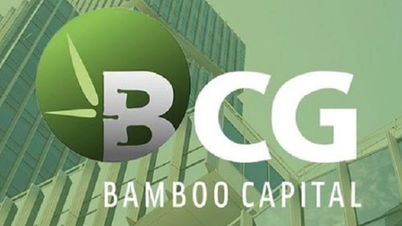




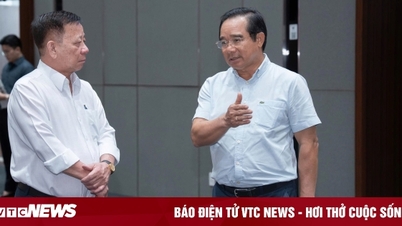

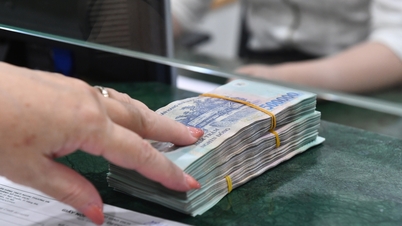







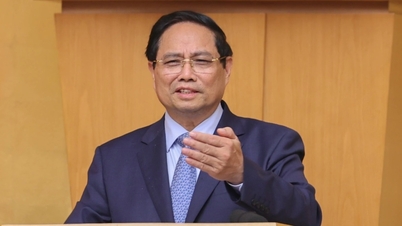

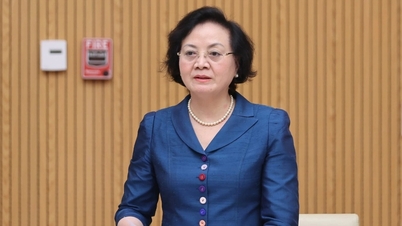






























































Comment (0)